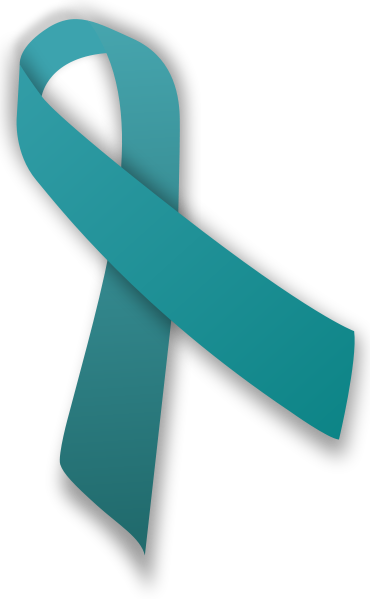I would imagine that almost everyone has heard of obsessive-compulsive disorder (OCD); but unfortunately there is one person too many that trivialises and belittles this debilitating disorder by making offensive, cruel and callous 'jokes' like the ones below, that only add to the stigma.
Another misfortune is the amount of people who do not really understand what OCD is. OCD-UK say that "as understanding and public awareness about Obsessive-Compulsive Disorder has grown, so has the use of the term ‘OCD’ as a description for some kinds of behaviour that are not related in any way to the actual condition". Someone may say, for example, "I'm a little bit OCD" to excuse themselves from any 'quirks' or unusual behaviours they have. This is not OCD. Whilst said person may have a particular way of wanting/having things done this simply doesn't qualify them as having a diagnosis/label of OCD. OCD can be extremely debilitating; affecting peoples education, careers and even relationships. This careless throwing of statements belittles the crippling anxiety and distress that many people who have OCD experience. Having OCD can bad enough in itself without added layer of shame, guilt and ridicule. It is things like these that prevent someone from seeking the help that they need - and all the while their symptoms can become worse.
The DSM-IV-TR (Diagnostic Manual of Mental Disorders) gives an outline of the symptoms/characteristics of OCD.
Obsessive-compulsive disorder involves obsessions and/or compulsions.
Obsessions:
- are recurrent/persistent thoughts, impulses or images that are experienced and cause anxiety or distress,
- are thoughts/impulses that are not simply excessive worries about real-life problems,
- are perceived as uncontrollable, the person with OCD may fear that they will lose control and act upon these obsessions,
- can be neutralised by thinking of something else, or by carrying out an action,
- obsessions can include: ideas - e.g. there are germs everywhere; doubts - e.g. worried that something important has been overlooked; impulses - e.g. to shout out words; or images - e.g. fleeting sexual images.
- are repetitive physical or mental actions that are carried out by an individual in order to reduce the anxiety that comes with the obsession and/or to 'prevent' something from happening.
- can be hand-washing, but can also be, ordering things, checking things, counting or repeating words silently.
An important part in the diagnosis of OCD is that a person's obsessions and compulsions have caused them great anxiety/distress and significantly interferes with their daily lives.
 |
| Raising awareness can be as simple as wearing a ribbon! |
Now, considering it is OCD Awareness week, it would be a pretty good idea to do some awareness raising. There are loads of ways in which you can raise awareness (don't worry, you don't have to do every single thing - do as much as you want) and break down the wall of stigma. Here are a few suggestions:
- Changing your cover/profile photos on social network sites,
- Distribute leaflets, postcards or posters around your workplace, school, university or local doctors surgery,
- Write a blog (like me!)
- Wear a wonderful blue ribbon (like the one shown on the right),
- Hold a bake sale,
- Deliver a presentation or an assembly if you work in a school,
BMNM.
References
American Psychiatric Association (2000), Diagnostic and statistical manual of mental disorders, 4th edition [DSM-IV-TR], Washington, DC, American Psychiatric Association
OCD-UK (2004), What is not OCD!, [online]. Available at: <http://www.ocduk.org/whats-not-OCD> [Accessed 16 October 2013]

No comments:
Post a Comment